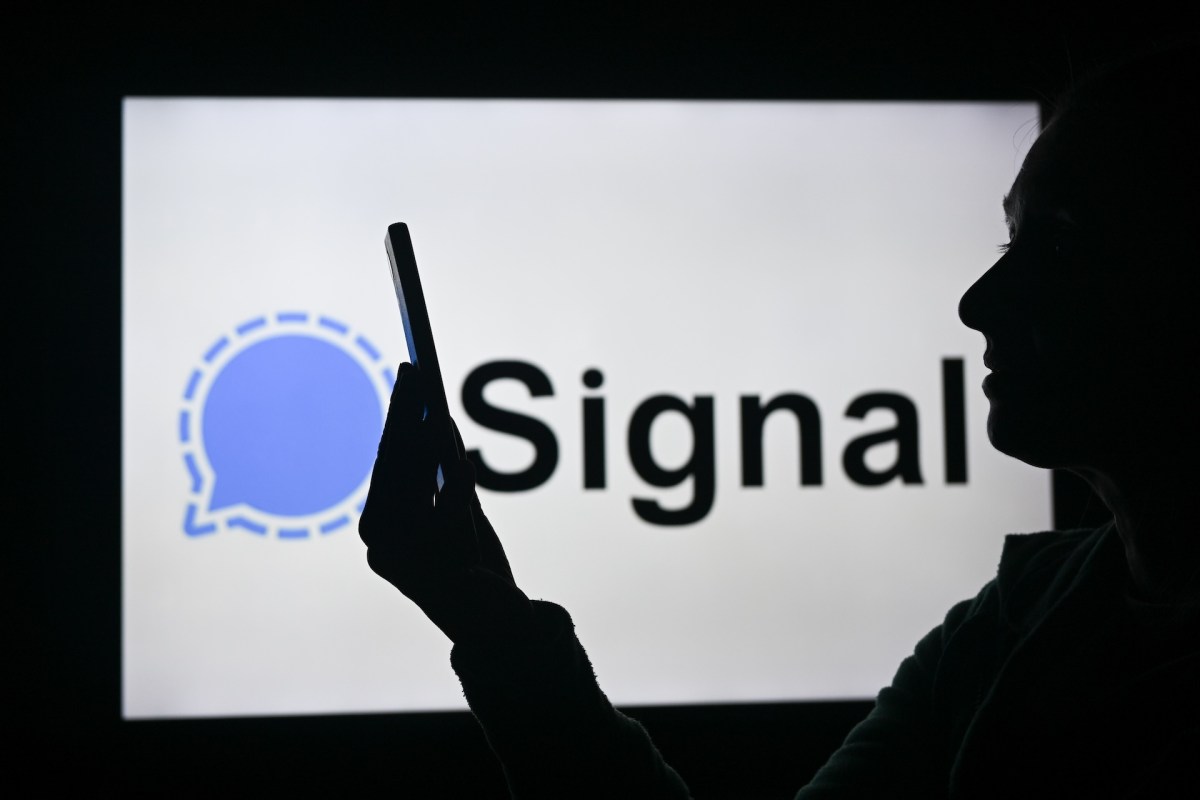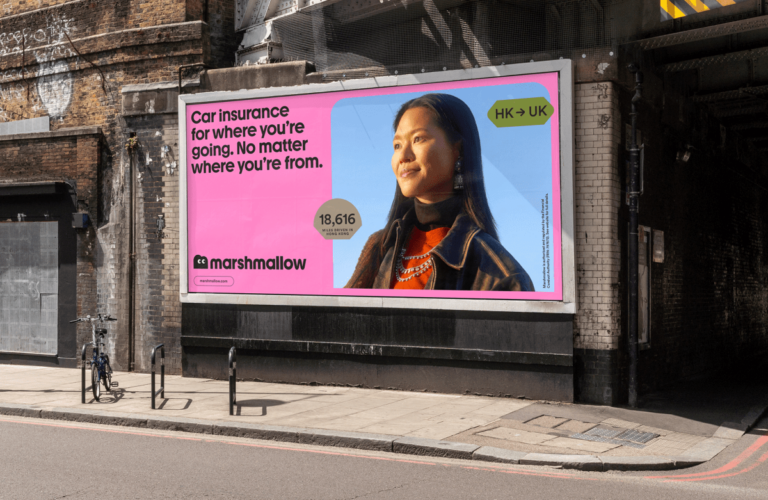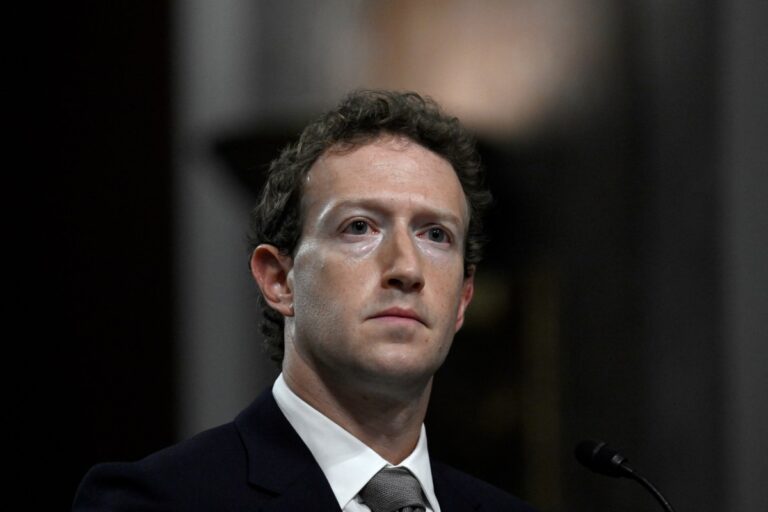Discover Why Signal is the Most Downloaded App in the Netherlands: Unveiling the Secrets Behind Its Popularity!
In recent weeks, the privacy-focused messaging app Signal has garnered significant attention in the Netherlands, emerging as one of the most downloaded free apps on both iOS and Android platforms. This surge in popularity can be attributed to various factors, including rising concerns about digital privacy and dissatisfaction with major tech companies.
Signal’s Popularity Surge in the Netherlands
According to data from app-tracking platforms like Sensor Tower, Signal has consistently ranked at the top of the Dutch app stores. This growth reflects a broader trend where users are increasingly turning to privacy-centric alternatives. Signal, operated by a non-profit foundation based in the U.S., has distinguished itself by minimizing data tracking and prioritizing user privacy.
Key Factors Behind Signal’s Growth
Several elements contribute to Signal’s remarkable rise in the Netherlands:
- Increased Awareness of Privacy: Users are becoming more conscious of how their data is handled.
- Distrust of Big Tech: Growing skepticism towards major tech companies has led users to seek out alternatives.
- Political Climate: Recent geopolitical events have heightened concerns over digital communication vulnerabilities.
In an interview with De Telegraaf, Signal president Meredith Whittaker highlighted that new registrations in the Netherlands have increased by a staggering 25 times compared to previous periods, although exact timeframes for this data remain unspecified.
Comparative Growth Across Regions
Signal’s rise in the Netherlands is particularly striking when compared to its neighbors. Data from AppFigures indicates that Signal’s downloads jumped from approximately 22,000 in December to 233,000 in February—a remarkable 958% increase. In contrast, Belgium saw a 250% growth, Sweden 153%, and Denmark 95% during the same timeframe.
Public Sentiment and Media Influence
Experts suggest that the increase in Signal’s usage is not merely coincidental. Rejo Zenger, a senior policy advisor at Dutch digital rights foundation Bits of Freedom, noted the public’s growing dependency on U.S. tech infrastructure and the recent debates surrounding it. This scrutiny has prompted discussions about the risks associated with relying on dominant tech companies.
Vincent Böhre, director at Privacy First, pointed out that heightened media coverage of U.S. tech companies has shifted public sentiment. Criticism of platforms like Meta and X (formerly Twitter) has led many users to explore privacy-friendly options, with Signal emerging as a preferred choice.
Signal’s Commitment to Privacy
Despite the app’s growing popularity, Signal is steadfast in its mission to protect user privacy. Speaking at RightsCon 25, Whittaker reiterated that Signal will not compromise on its privacy standards, rejecting any attempts to implement backdoors or compromise encryption protocols.
In a separate interview, she emphasized that Signal would rather exit certain markets than sacrifice its foundational encryption principles. This unwavering commitment could further solidify Signal’s position as a leading choice for privacy-conscious users.
As the debate around digital privacy continues to evolve in Europe and beyond, Signal’s rise in the Netherlands serves as a critical indicator of shifting user preferences and heightened awareness regarding data security.







